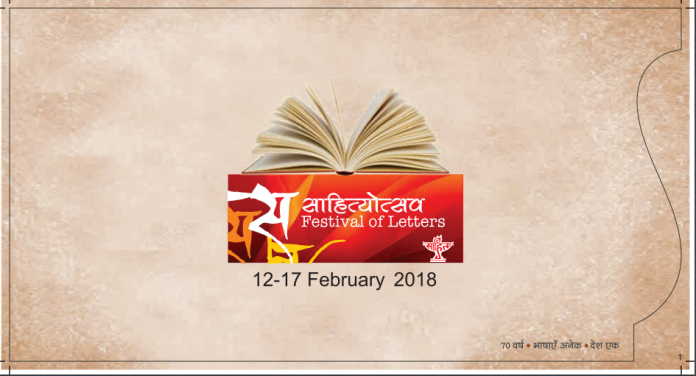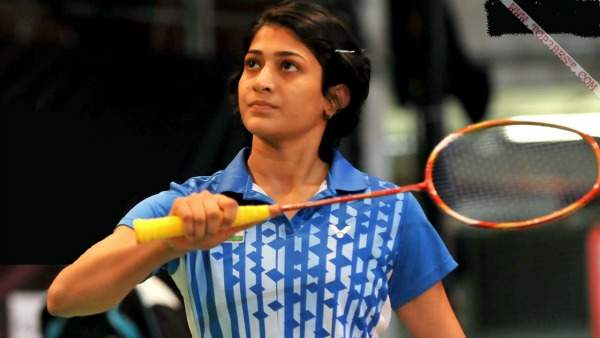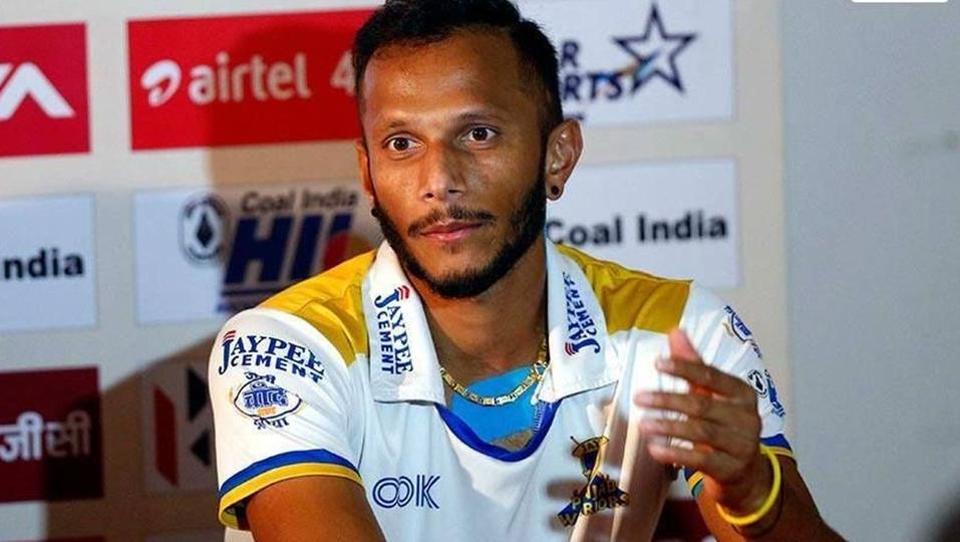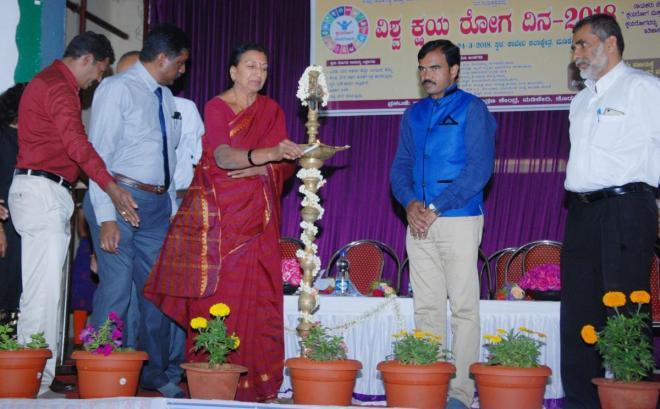He is offering unique artisanal coffee blends, hitherto meant only for exports, for lovers of the brew in India. This is Bharat Singhal’s #PassionToPaycheck story.
‘If somebody offers you an amazing opportunity but you are not sure you can do it, say yes – then learn how to do it later!’
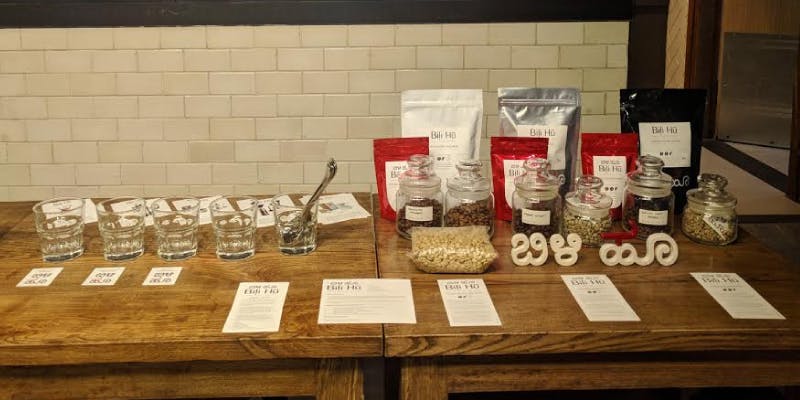
The irrepressible Richard Branson’s philosophy has helped Bharat Singhal coast through his entrepreneurial journey as he made the switch from being a retail designer to starting his own speciality coffee brand, – Bili hu.
That initial, heady aroma
Coming from a business family, Bharat says being an entrepreneur was a natural inclination. “But at school, I was considered a quiet boy who was creative. Being constantly told that I could be a good designer, I decided to enrol in a design school and make a career of it.”
It was in 2011, while completing a hypothetical project on retail strategy and design solution for the Coffee Board of India to promote Indian-grown coffees, that he was struck by the variety and richness of premium coffee grown in India. “I learnt that most of the premium coffee is exported and no effort was made to introduce it in the domestic market.” Intrigued, he began to deep dive into a sector he knew little about. The research further intensified his interest in coffee, so much that soon after his graduation he enrolled in a short course offered by the Coffee Board of India. The course gave a hands-on training on the journey of coffee from a bean to a cup, including processes such as roasting, brewing and tasting.
However, Bharat went back to a career as an environmental designer, working on designing retail stores, pubs, POS (point of sale) displays, exhibitions, events and even end-to-end branding strategies for brands.
He says, “Retail design is a mix of business strategy and interior design. Though it’s an emerging profession, there are limitations in providing a platform to innovate, most often because of the restrictive mindset of customers and budgets. Even today, interiors are still more about décor than design. I couldn’t find avenues to innovate, put my ideas into action, and somewhere work satisfaction began to deteriorate. ”
Pursuing his passion
Designing a number of pubs and breweries in the NCR region, he continued to expand his interest in coffee, visiting coffee estates in Chikmagalur in Karnataka to increase his understanding of the subject. The on-ground experience and market analysis proved that he had a new business idea where he could put his designing abilities to innovate. But his family was cautious. His entrepreneur dad wasn’t really keen on his switching careers, while his mom believed in his instincts but advised him to go ahead only if he was sure.
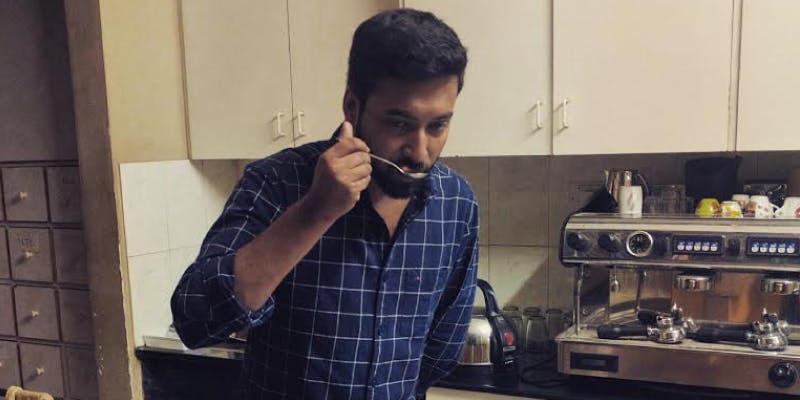
But Bharat now was more or less sure where his passion lay. He took a trip to Bengaluru to create new blends. Not only did everyone back home in Delhi enjoy the cuppa, but a friend even bought a batch.
“Next thing I knew, I had quit and was planning how to roll out Bili hu full-time,” he says.
The legendary white bloom as identity
Bili hu, as its website rightly describes, was thus “born out of a passion for good coffees and their unavailability in the domestic market”. Bili Hu translates as white flower in Kannada, indicative of the gorgeous coffee bloom. Bharat says he chose the kannada name because in India, coffee was first grown in Karnataka and is still the heartland of good coffee beans. “Also, a good name can be a superb conversation starter, and something like this would start conversations of coffee coming from a plant with white flowers and red cherries.”
Bili hu offers coffee lovers in India an alternative to widely-available commercialised coffee blends. From an exclusive coffee blend from the Biligiri rangana hills in Karnataka, which imparts a toffee and sweet lemon aftertaste, to a single estate coffee from Chikmagalur’s Manjarabad that has a sweet and fruity aftertaste with a hint of chocolate, each variety is unique and speaks volumes about the estates they originate from. “The coffee blends that we offer have been created in close collaboration with some of the best curers, roasters and coffee estate owners across India.”
Exotic names
The brand’s most popular blend is the Mysore Nugget, available for both commercial and retail consumption. But Bharat’s favourite is the deliciously named Monsooned Malabar. “It’s a truly Indian coffee with a post-harvest process unique to India. It is a coffee that I really like to talk about everywhere I go.”
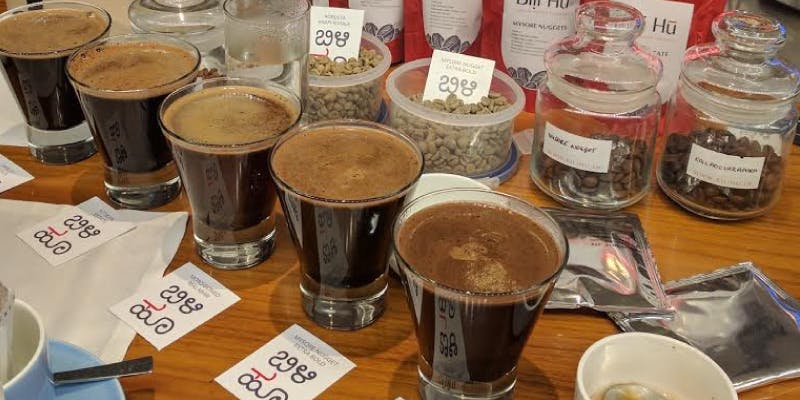
Warming to his pet subject, he says, “Monsooned Malabar, when roasted, contains some of the most unique notes ever tasted in coffees. Hence, it doesn’t come as a surprise that it’s also one of the most popular coffees to be exported to Europe. At Bili Hu, we roast these coffees to a very light colour to bring out the right nuances that we wish to highlight – earthy, grassy, wet wood aroma, with a mellow taste on the palate. It’s best had black and when brewed in a pour over, results in a beautiful golden brew. The Monsooned Malabar is a seasonal coffee, meaning it would taste different when procured in July than, say, February. “But we wish to honour its limited stocks and changing taste profile over the year, instead of opting to altering the blend and roast profiling, to keep the coffee’s taste consistent through the year. This way we ensure that our customers get to taste the beauty of coffee that changes though the year.”
And, to ensure he continues to make the artisanal blends that are hitting the right notes, he partners with popular large estate houses as well as unbranded smaller estates. He says, “The speciality coffee blends are typically not traceable to one estate, they mostly come because of curing. Unless an estate is processing them in-house in a certain specialised manner.”
Fine-tuning his entrepreneurial skills
Reflecting on his journey as an entrepreneur, Bharat says, “I evolved at every step of my business. I learnt a lot on the job. Even though we are a business family, I didn’t have anyone in the F&B sector, nor did I know someone who could guide me along. So, it was a lot of self-learning.” The 27-year-old candidly admits to a number of mistakes, from sending out wrong orders to improper packaging, even ending up replacing orders for free. “Today, I am much more equipped. The deliveries are seamless. I have figured out areas where I can cut down unnecessary cost. I have my growth roadmap charted.”
Today, Bili Hu caters to customers both in B2B and B2C spaces, but it is the B2B space that is of greater interest to Bharat. “I’m keen on collaborating with fine dining or speciality restaurants and leading hotel chains to offer unique coffee experiences. Since I create my own blends, I can offer two different and unique blends for two restaurants in the same vicinity. The idea is to remain exclusive and make customers hunt for that cup of coffee they had at a particular restaurant.”
Far more than a cuppa
Bharat’s coffees are not limited to being used as beverages; his blends can even be used for desserts by bakers, chocolatiers as well as chefs in upscale restaurants. And, with a number of young entrepreneurs owning and managing new and popular hotel chains and gourmet restaurants, he feels it becomes possible for smaller players like Bili Hu to collaborate and drive mutual growth. “It helps that I belong to the same generation as them, but the real reason why it becomes easier to do business is because they understand how artisanal brands function in comparison to commercial brands.”
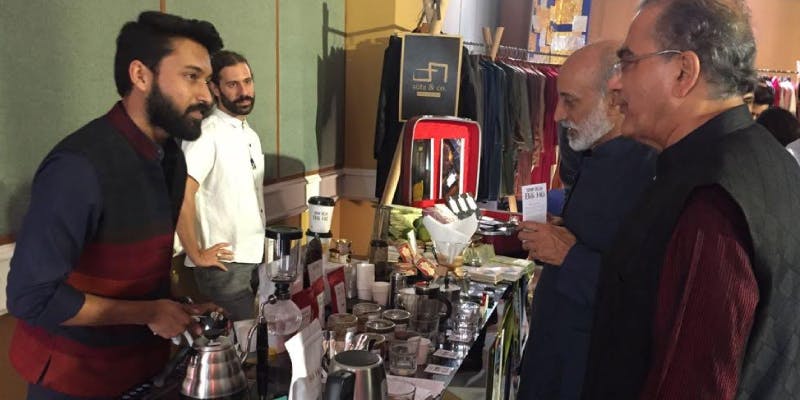
Today, Bili hu has been able to make headway across India, from loyal coffee lovers in Bengaluru to a city like Kolkata that runs on chai. “From homes to restaurants to being served at residences of ambassadors, we have been able to reach out to a massive coffee-loving audience in India.”
Bili hu doesn’t have big expansion plans on its cards yet. The reason is simple, as Bharat explains, “We’re still establishing ourselves. We are negotiating shelf space, trying to find a mention on the menu at gourmet restaurants, and getting coffee lovers to fall in love with our blends. Once we build a stronger sustainable network, we plan to grow strength to strength and become a brand to reckon with. We are much more than just a cup of coffee.”
source: http://www.yourstory.com / YourStory.com / Home> Signature Startups> Brand Spotlight / by Sindhu MV / March 27th, 2018





